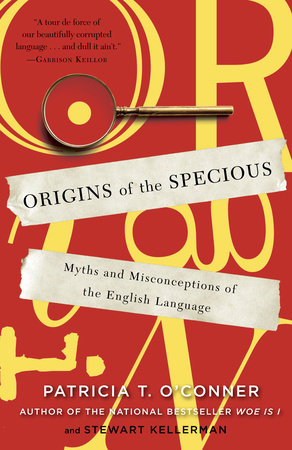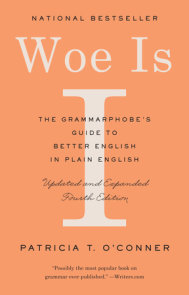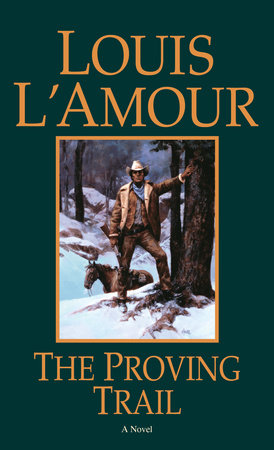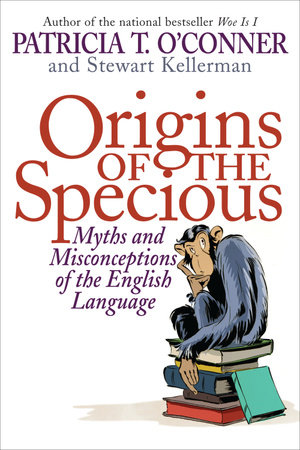

Origins of the Specious
By Patricia T. O’Conner and Stewart Kellerman
By Patricia T. O’Conner and Stewart Kellerman
By Patricia T. O’Conner and Stewart Kellerman
By Patricia T. O’Conner and Stewart Kellerman

-
$19.00
Aug 24, 2010 | ISBN 9780812978100
-
May 05, 2009 | ISBN 9781588368560
YOU MAY ALSO LIKE
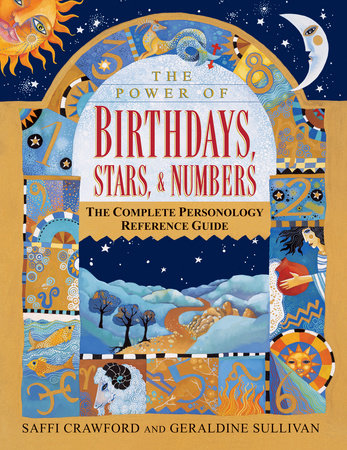
The Power of Birthdays, Stars & Numbers
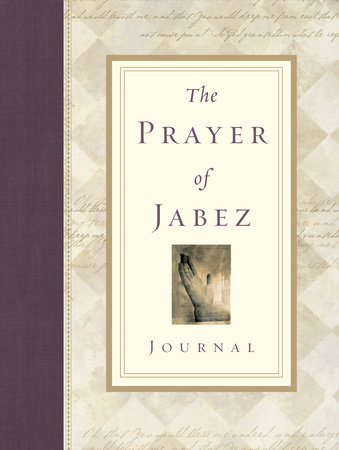
The Prayer of Jabez Journal

Silver Canyon
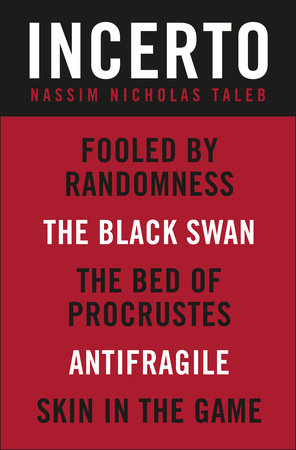
Incerto 5-Book Bundle
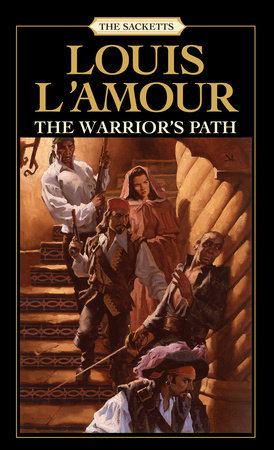
The Warrior’s Path: The Sacketts
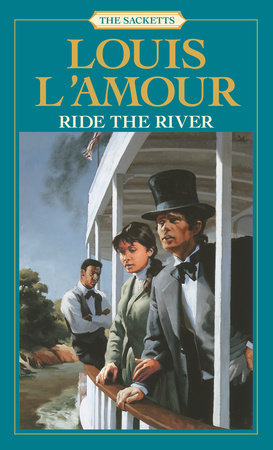
Ride the River: The Sacketts

Trouble Shooter
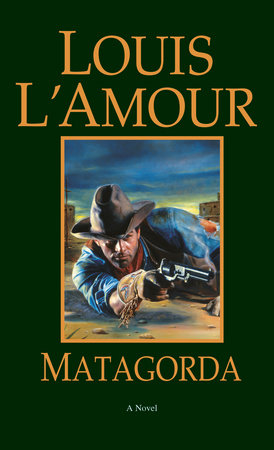
Matagorda
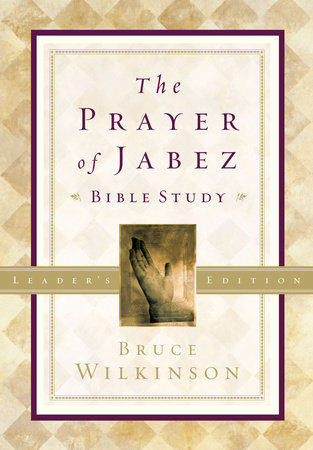
The Prayer of Jabez Bible Study Leader’s Edition
Praise
"Every bartender in the land should have a copy of this vastly amusing and highly informative book. Then when some tipsy bore declares that posh derives from Port Out, Starboard Home, or that you must never say disinterested when you mean uninterested, he can bring it out from behind the jar of cocktail cherries, and smack him on the head with it." —Simon Winchester, author of The Professor and the Madman and The Meaning of Everything
“With common sense and uncommon wit, O’Conner and Kellerman solve more mysteries than all the Law & Order series combined. Origins of the Specious will teach you why it is OK to bravely split an infinitive, why using "ain’t" ain’t so bad, and why ending a sentence with a preposition is where it’s at.”—David Feldman, author of the Imponderables book series
"Origins of the Specious is a witty and informative guide to the perplexities of the English language. I enjoyed it immensely."—Stephen Miller, author of Conversation: A History of a Declining Art and The Peculiar Life of Sundays
“It’s right there on page 51: ‘it’s better to be understood than to be correct’—pull that out the next time someone corrects your grandma. This tour de force of our beautifully corrupted language is both. And dull it ain’t. If you’re planning to buy just one book of etymology this year, you’ve got it right in your hand.”—Garrison Keillor
"Bestselling word maven O’Conner (Woe Is I) is that rare grammarian who values clear, natural expression over the mindless application of rules.…Proper English, she contends, is what the majority of us say it is (though she can’t resist making a traditionalist plea to preserve favored words like “unique” and “ironic” from corruption). Writers will appreciate O’Conner’s liberating, common-sense approach to the language, and readers the entertaining sprightliness of her prose."—Publishers Weekly
"Happily fresh…Skillfully drawing on the Oxford English Dictionary and other research tools, the writers always present conversational prose with different kinds of wordplays…An accessible tone and full of information."— Library Journal
21 Books You’ve Been Meaning to Read
Just for joining you’ll get personalized recommendations on your dashboard daily and features only for members.
Find Out More Join Now Sign In






